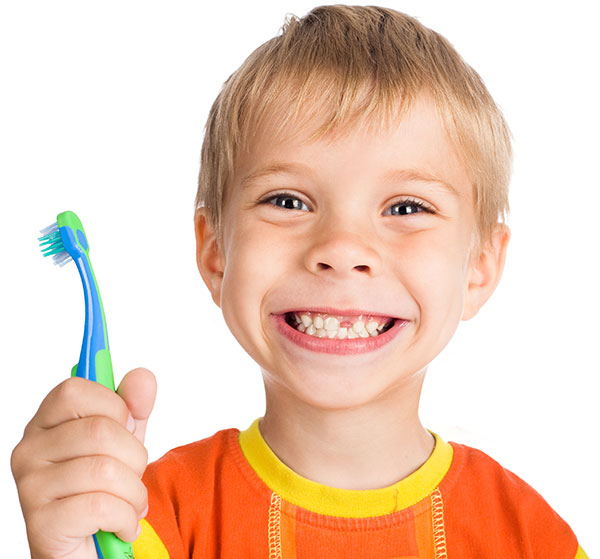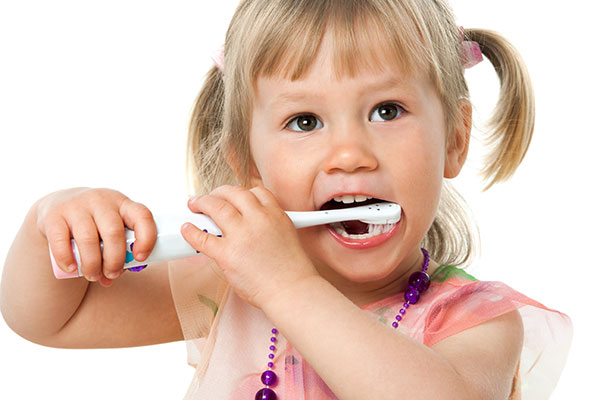What are baby teeth?
Baby teeth or “Primary teeth” are the first set of teeth a child develops. A complete primary dentition is made up of 20 teeth. All of these 20 teeth will eventually be lost and replaced by the adult or, permanent teeth.
Why are baby teeth important? Won’t they just fall out?
Preserving and caring for primary teeth is essential for overall growth and development. Healthy teeth are needed for chewing. If children are in pain or missing teeth, they will often choose only to eat foods that require minimal chewing. This can result in lost nutrients for growing bodies as well as weak muscles of the face and jaws. These children often also experience poor sleep patterns which can negatively affect behaviour, mood and development. Dental pain is one of the leading causes of missed days of school.
The last set of baby molars often last in the mouth until age 10-12 and are necessary until that age. These teeth hold the space for the adult tooth developing in the bone underneath, early loss of baby teeth can result in shifting, crowding and expensive orthodontic treatment.
When does my child need to see a Dentist?
A child should visit a dental office by the age of 1, or within six months of the first teeth erupting. This helps not only to catch issues early on but, also to build positive relationships with child patients and their caregivers. Pediatric Dentists complete extra training focused on primary teeth and children’s individual needs. Some issues such as eruption difficulties, eruption cysts and missing or extra teeth can be spotted by a trained professional. Baby teeth are not just smaller versions of adult teeth. Baby teeth often have thinner layers of enamel which can result in faster progression of decay, or cavities.

How do I take care of my child’s teeth at home?
Cleaning baby teeth is very similar to caring for your own teeth. Brushing should take place at least twice a day, with adult assistance. New guidelines suggest that fluoride toothpaste should be used in a small amount (rice grain to pea- sized amount) once teeth start to be seen in the mouth.
Once adjacent teeth are contacting, flossing should become a daily habit. Children should always go to be with a clean mouth, no food or milk should be given after the evening brush and floss.
Good oral habits started early in life can gratefully benefit a child’s physical, mental and emotional health for years to come. Contact us today if your child has not seen a dentist yet, or if you have any questions.

